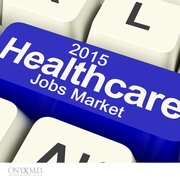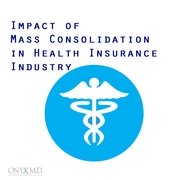
2015 Healthcare Jobs Market
While the latest employment report from the U.S. Department of Labor was upbeat with 173,000 jobs added and national unemployment rate at 5.1 percent, the latest figures for the healthcare industry are more ambiguous. Hiring in the healthcare sector was robust in July with 27,900 total jobs added and 15,700 jobs added by hospitals, but this is down from the 40,200 jobs added in June, 47,500 added in May, and 48,000 total jobs created in April earlier this year. Up until July, each of the previous ten months had seen an increase in the number of hospital jobs. However, there is some evidence that medical organizations are hiring physicians and advanced practice providers at a diminished pace. Merrit Hawkins reported that the search for doctors, nurse practitioners and physician assistants by hospitals…









